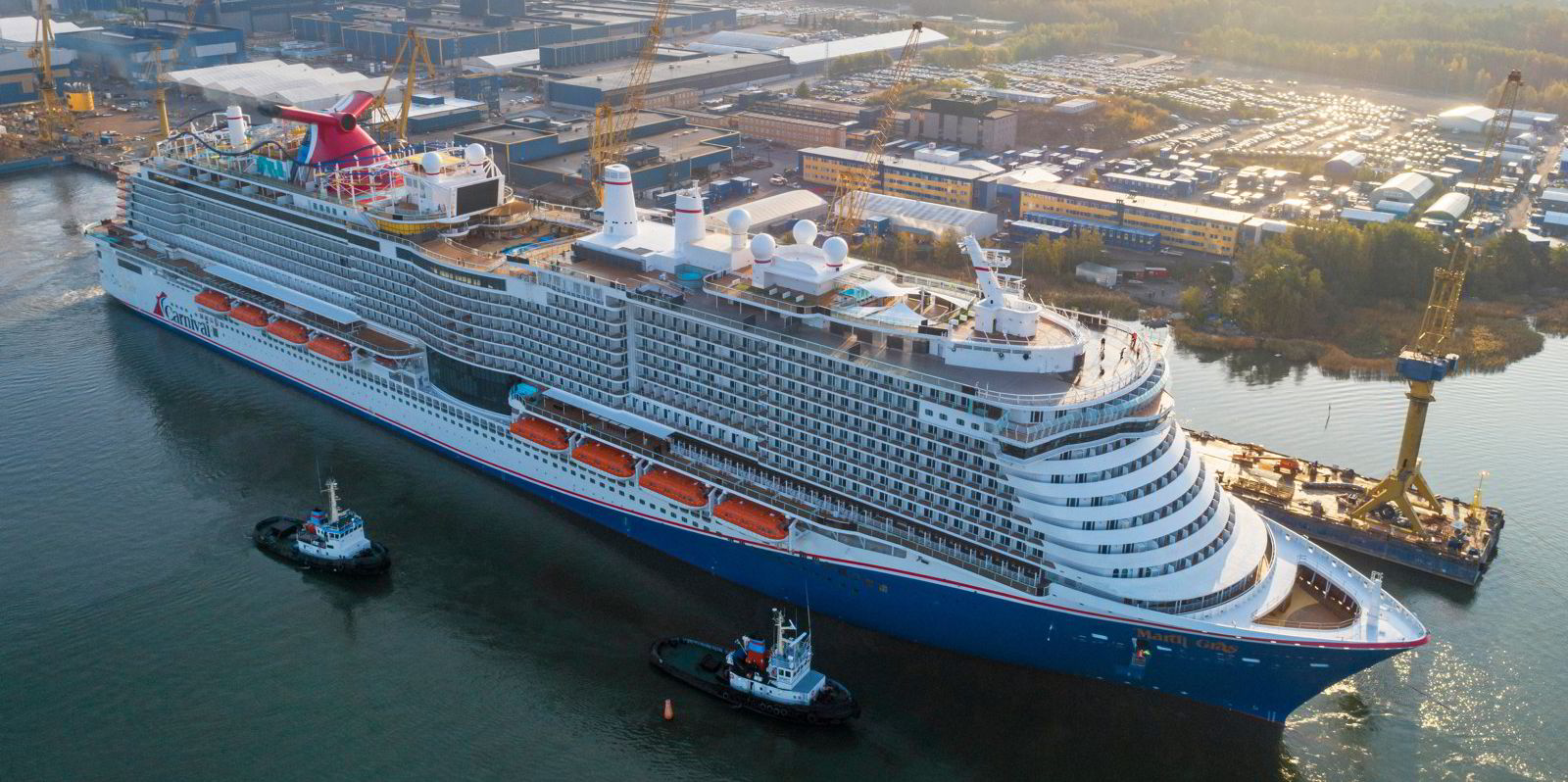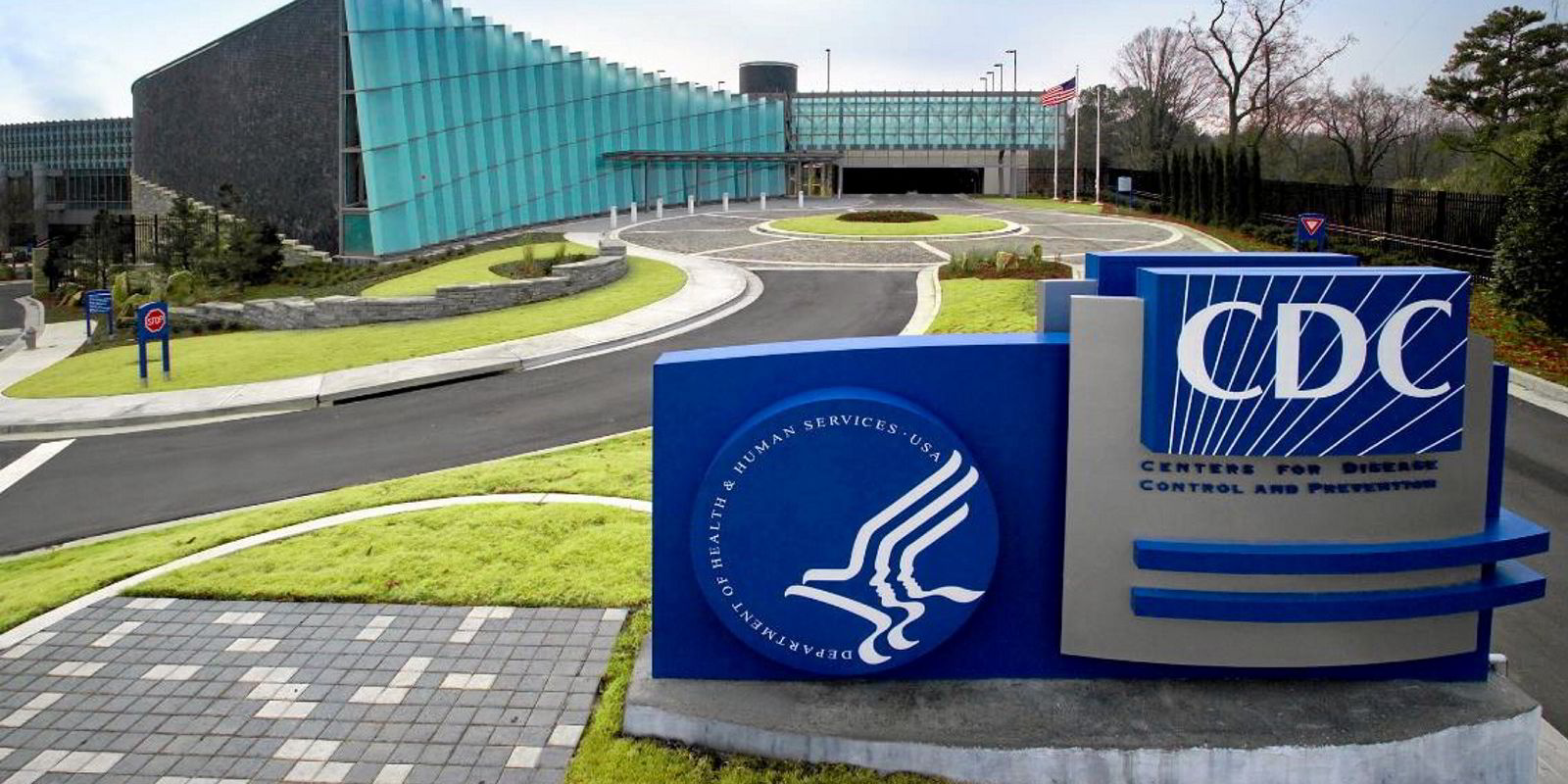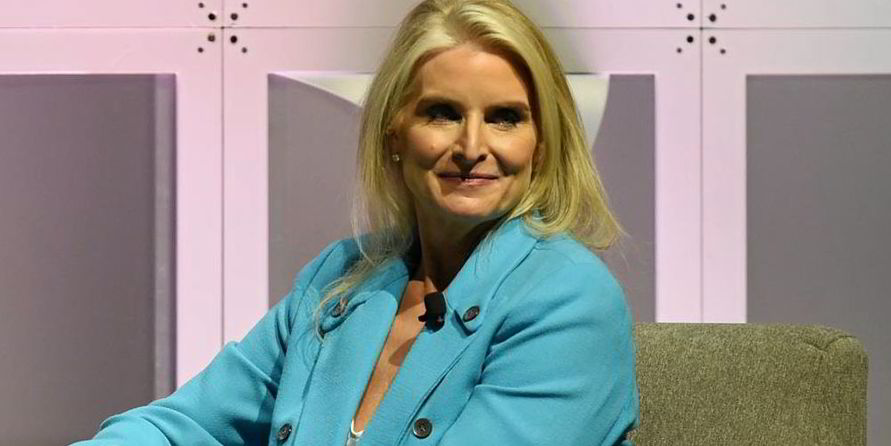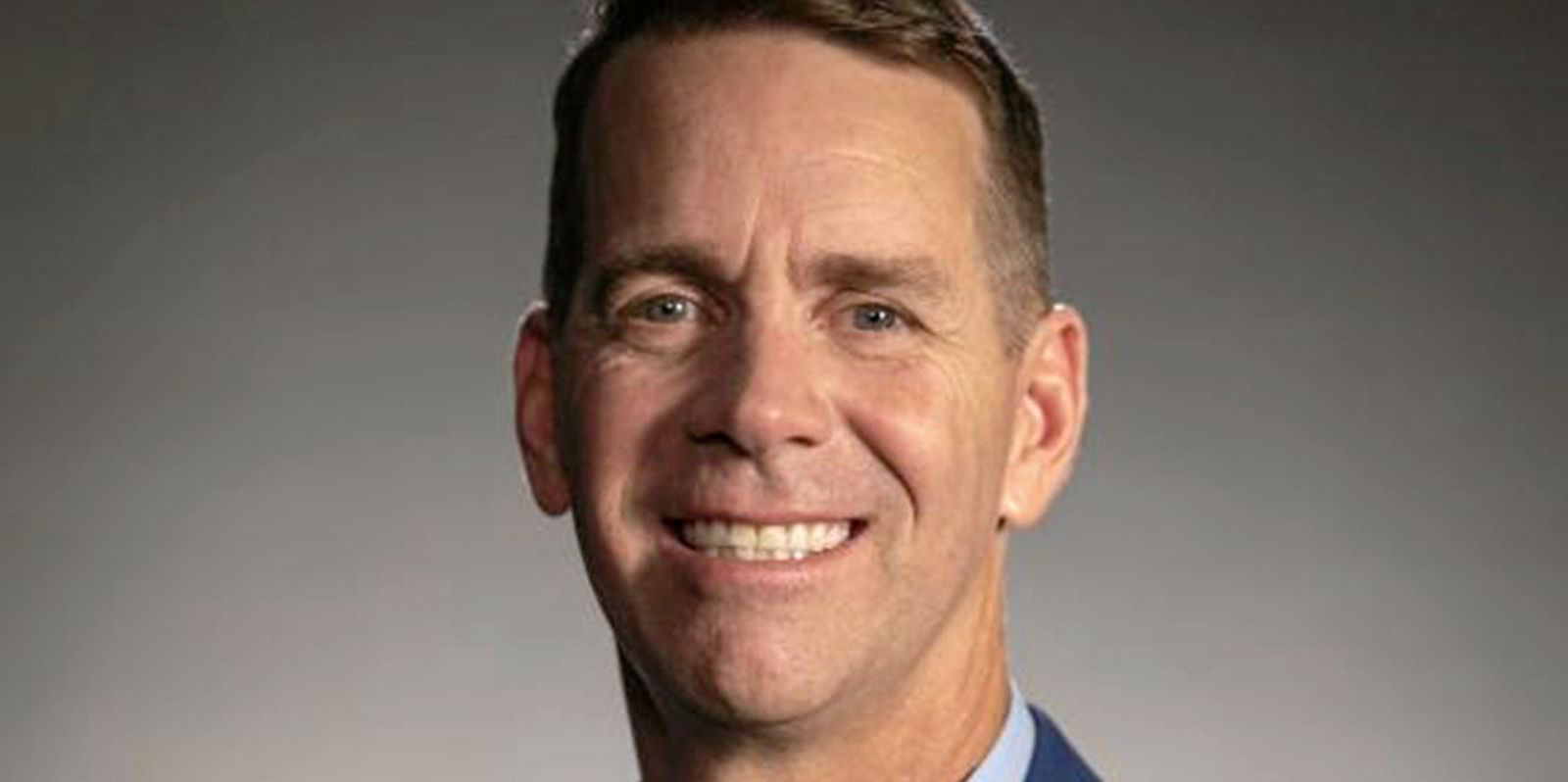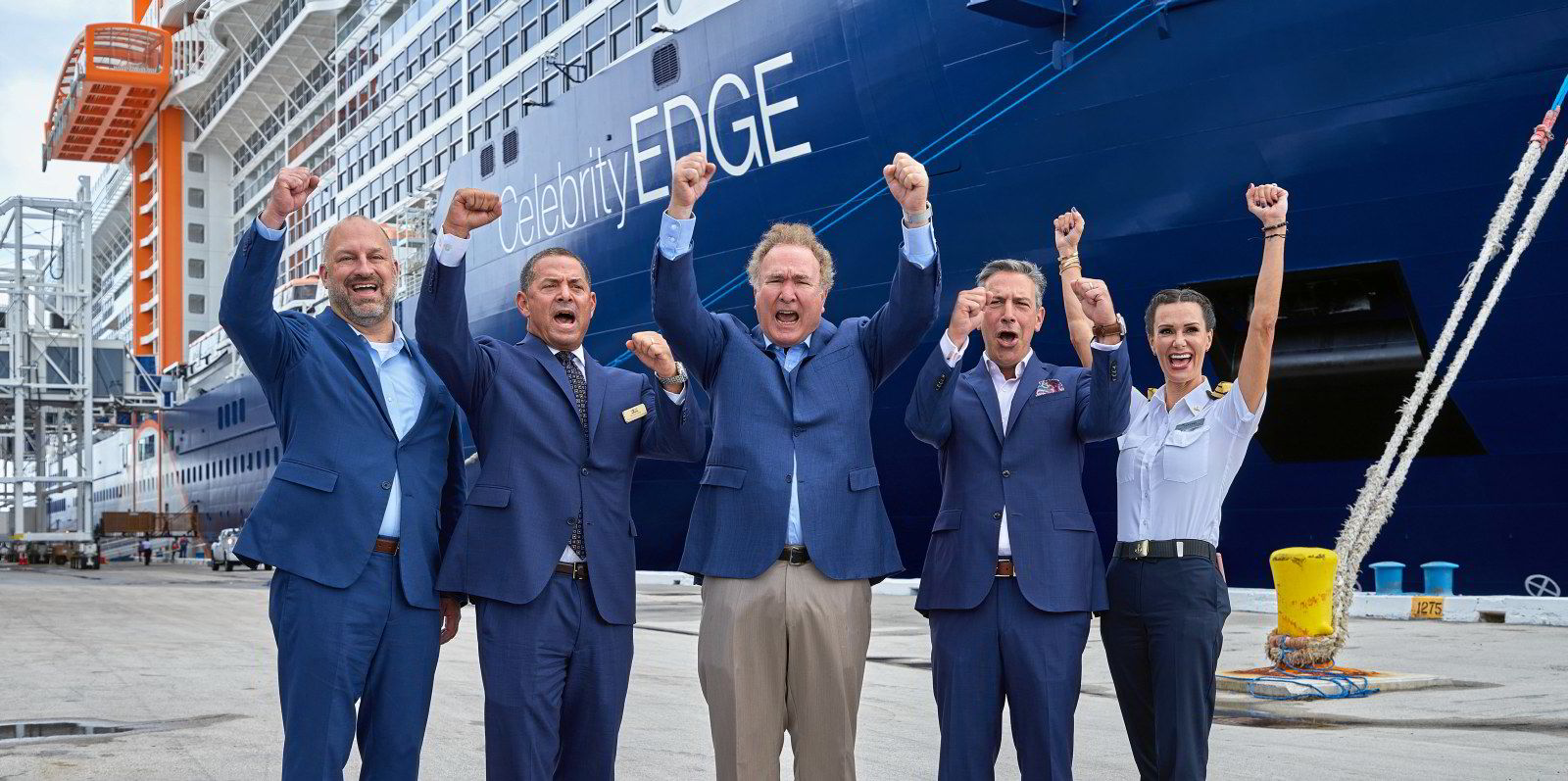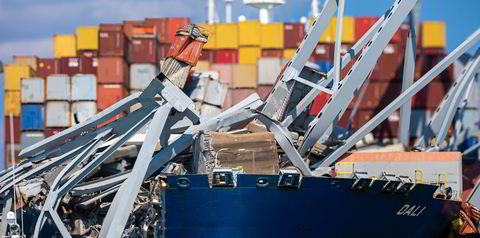Carnival Corp has been gradually returning its fleet to revenue sailings after the entire cruise industry suffered a 17-month lockdown at the hands of Covid-19.
The New York-listed owner of 91 ships is holding voyages with fewer passengers as vaccines rein in the pandemic, but its crews have had to modify how they work in a world that may have the virus indefinitely.
"Some of these changes included regular testing and vaccinations of guests, as well as crew members, in addition to a host of activities and actions tied to evolving health and safety protocols on our ships," spokesman Roger Frizzell told TradeWinds.
"In many ways, this included adjustments to nearly every part of their jobs."
He said the crews are trained to ensure Covid-prevention protocols are followed, such as social distancing, mask-wearing, testing and showing proof of vaccination.
They are taught how to conduct contact tracing and administer cleaning, food and entertainment services in ways that minimise the chances of catching the virus.
Crew members are also required to learn the protocol for all ports listed on their itinerary.
"There were significant changes made around the world tied to the pandemic that required us to ... adjust our processes, as well as changes on board in our enhanced health and safety protocols that required adjustments throughout our operation," Frizzell said.
These include getting passengers and crews to and on board the vessels in such a way as to prevent the spread of Covid-19.
They are also trained to safely quarantine anyone who tests positive for the virus.
Carnival has brought in additional medical staff on board its vessels to mitigate the spread of the virus and treat symptoms, but it has not recruited more crew members, because ships are being returned to service in a staggered approach.
"Even now, we have ships within our fleet that are not scheduled to restart cruise operations until 2022," Frizzell said.
Covid clashes
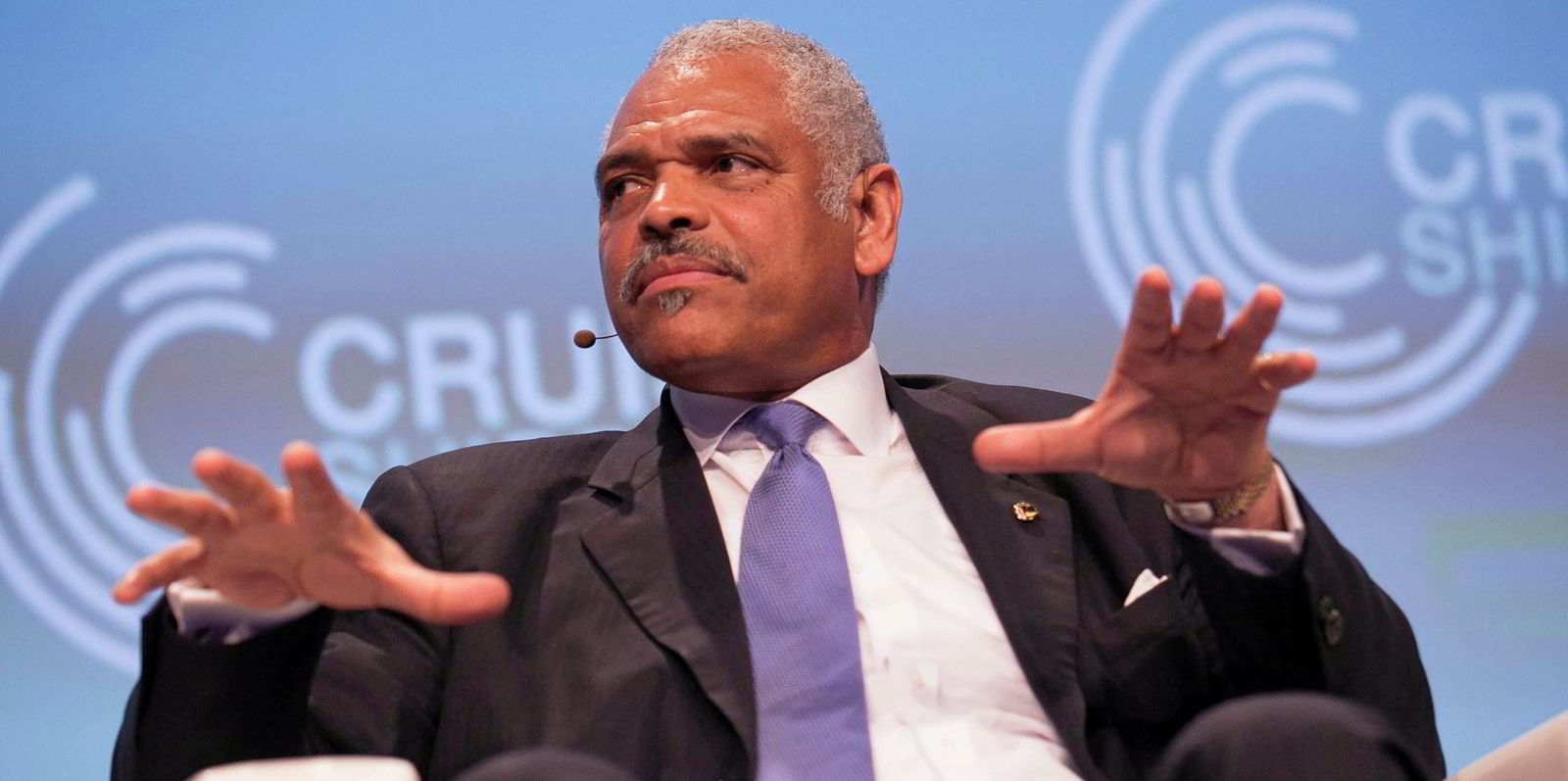
The US Centers for Disease Control & Prevention (CDC) has extended its Framework for Conditional Sailing Order (CSO) to 15 January, 2022.
After that date, cruiseship owners may decide whether to continue following the CDC rules that include requiring simulated voyages on ships with less than 95% vaccination rate.
Simulated voyages must be between two and seven days in length, with a least one overnight stay to test the efficacy of the operator's ability to mitigate the risk of Covid-19, including through embarkation, disembarkation and post-disembarkation testing.
The CSO was originally set to expire on 1 November after being in effect for one year.
The cruise industry began fighting the CDC in March over sailing restrictions when the Cruise Lines International Association asked the agency to lift them by July.
The CDC denied the request, so Norwegian Cruise Line Holdings announced in early April that it would start sailing its vessels in July anyway.
At the same time, Florida, which is home to cruise majors Carnival, Royal Caribbean Group and Norwegian, sued the CDC for federal overreach.
Three months later, the state passed a law prohibiting businesses, including cruise companies, from requiring vaccination, but a federal judge overturned the law in August at Norwegian's request.
Norwegian and Royal Caribbean, which require all passengers and crews to be fully vaccinated, partnered on forming the SailSafe health and safety programme.
They also formed a Healthy Sail Panel, led by Dr Scott Gottlieb, a former commissioner of the US Food & Drug Administration.
